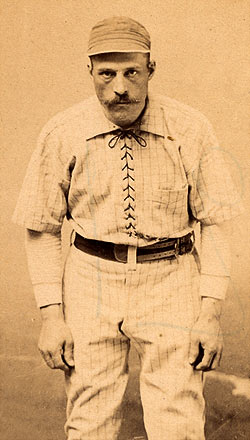Major League Baseball long generated most of its income through live attendance, so there was apprehension about “giving away” games on cable, even as screens shrunk and became ubiquitous. But regional–and very lucrative–contracts have proliferated as team owners realized that they weren’t harming their brands but extending them. And cable badly needs baseball, since it can provide so much live content that isn’t likely to be time-shifted. From the Sports Economist:
“Local TV rights provides the revenue stream, but doesn’t this just push back the insanity one level? Why would anyone bid these amounts for baseball — America’s dying pastime? A funny thing happened on the way to the funeral — baseball franchises discovered that a substitute was actually a complement. Over the past several years, teams switched to televising most, if not all, of their games via local broadcast/cable/satellite. Teams long resisted such TV saturation, thinking that televised games substitute for fans in the seats. Texas drew almost 3 million fans last season in spite of extensive regional televising of their games. Yes, a few fans, at the margin, will choose to attend fewer games and watch on TV. However, many potential fans will attend very few games regardless. Televising the games becomes a way of extending the stadium capacity to include these households. The TV advertisers along with cable/satellite fees pay for these ‘at-home season ticket holders.'”

